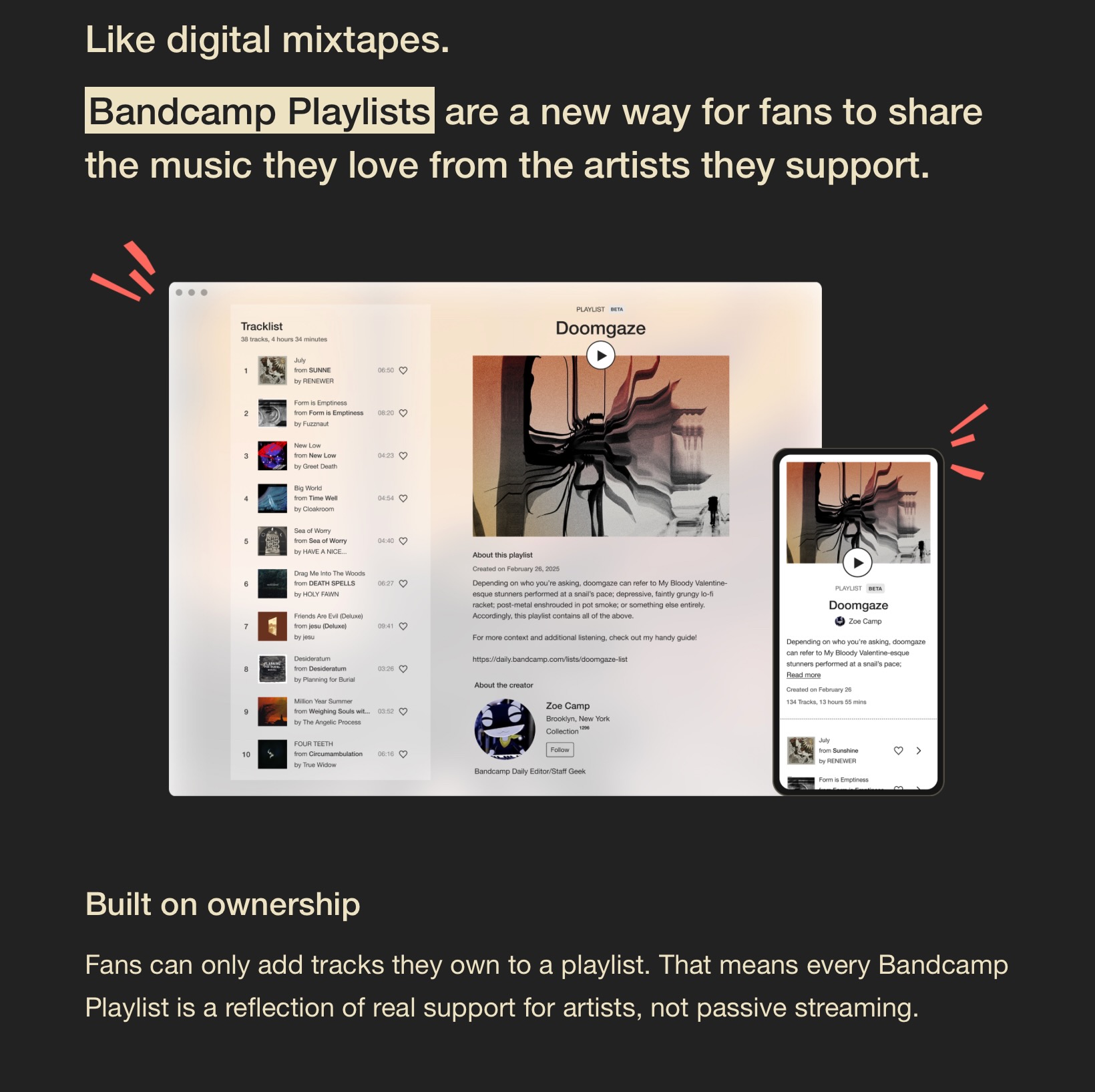Microsoft made the Model Context Protocol (MCP) a major focus of their Build conference last week. Though the Microsoft engineer I spoke with, who is heavily involved in AI thought the emphasis was a little overplayed, it’s easy to understand some of the excitement. Seeing your favorite applications easily plug into agentic AI through a standardized protocol can open your mind to the possibilities. The first integration to spark my interest is with Readwise.
read more…In simpler terms, setting up your own Readwise MCP server allows you to chat with your Readwise highlights using an external chat client (such as Claude), rather than the Chat function on the Readwise website.
